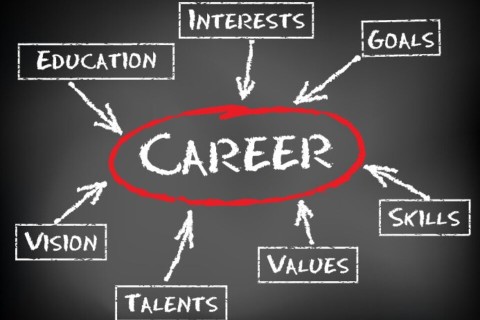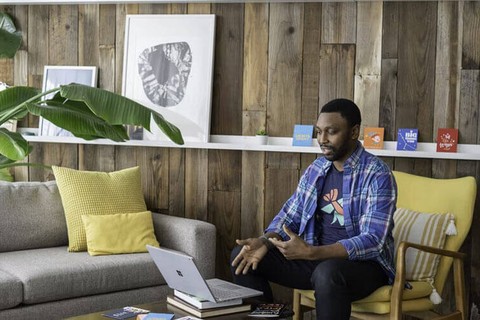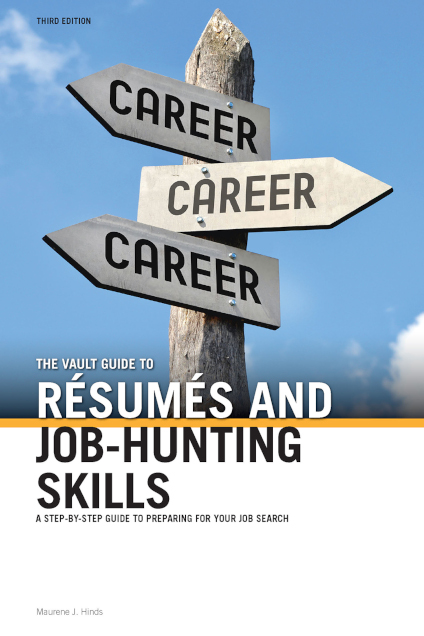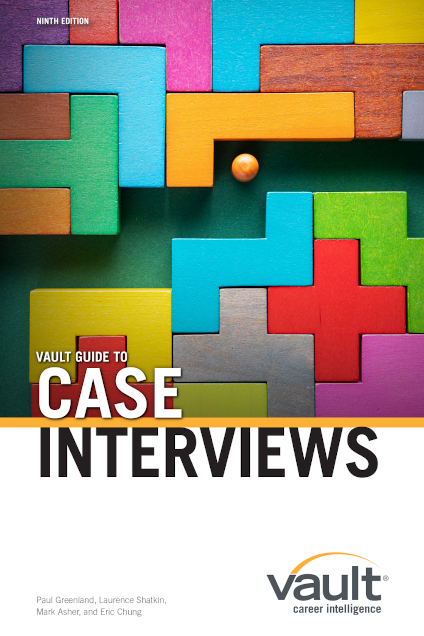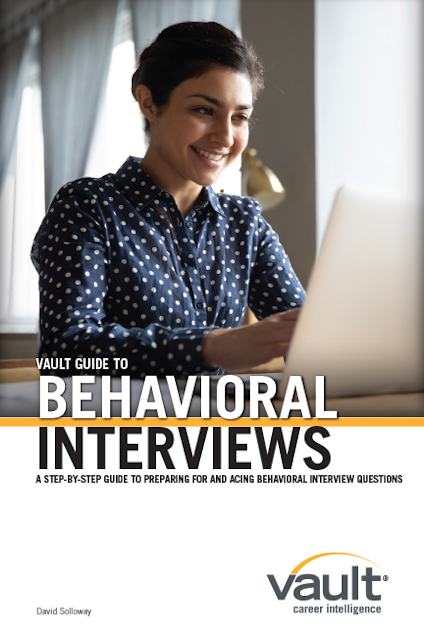To get started, explore general interview phases below. To learn more about interview questions and practice your interviewing skills log in to Big Interview. For more information, schedule an appointment with your school or college career center or Syracuse University Career Services.
Interviewing
From internships to professional employment and interview opportunities that are in-person and virtual, the Syracuse University Career Services team is here to help you along each phase of your interview process.
Congratulations on receiving an interview!
Preparation and practice are your keys to success. You can learn about what the employer might do in the interview, but you can’t control it. What you can control is how well prepared you are for every interview.
Know the Job
- Study the employer’s job description and understand the tasks you’ll be asked to perform, the desired outcomes and where they fit into the bigger picture of what the employer is trying to do.
- Understand the skills, traits, knowledge base and experiences possessed by their ideal candidate.
- Within the organization, look at jobs at higher levels so you can speak to career paths and your goals.
- Research the employer and talk to your network about the work environment, culture and values.
Know Yourself
- Be prepared to discuss how your skills, traits, knowledge areas and experiences align with the job.
- Envision yourself making a good impression, answering the employer’s questions, asking your questions and then closing the interview.
Practice
- Practice interviewing, so you’ll know when you’re hitting your mark and can identify areas of improvement.
- Gain experience with different styles and types of questions.
- For current students and alumni, interview practice is also available digitally through the Big Interview platform.
What to Bring and How to Dress
- Prepare questions in advance. Write out questions and let the employer literally see how prepared you are.
- Bring material to take notes, this will be helpful when reflecting on the experience following the interview.
- Dress for success and the company culture.
For additional information and suggested questions to help identify work culture, position responsibilities, practice interviewing and more, schedule an appointment with your school or college career center or Syracuse University Career Services.
The interview begins as soon as you begin interacting with the organization (e.g. entering the building, starting the digital meeting and/or phone call). Make it your goal to impress the interviewer, the receptionist and anyone else you meet – they all may be asked to weigh in on their impression of you.
Additionally, interviews may be focused on gathering additional information surrounding your resume, experience, behavior and/or a combination of hypothetical client case experiences.
First Impressions
From being on time, confident, engaging and dressing for success and the company culture, you can make a good first impression.
The Interview
From introductions to small talk, the interview will likely transition to focusing on you in relation to the available position. Topic highlights include the following.
- Your interest in the position and/or organization.
- Your background, experiences, skills, strengths and weaknesses.
- Your academic choices.
- Your career and future goals.
When asked a question, we suggest the following best practices.
- Listen, pause to think, ask clarifying questions if necessary.
- Use examples to demonstrate skills or traits.
- Avoid rambling when a shorter summary will do.
- Keep your responses specific to the opportunity, work environment, its challenges and/or features.
Asking Your Questions
It is a best practice to always have questions prepared and we encourage you to explore the list of questions below. Doing so shows your interest in the position and it allows you to assess your fit with the opportunity and the organization.
- A year from now, what will success look like for this position?
- What challenges do you see for the person in this role?
- Are there opportunities for growth?
- Where do you see the company 5 or 10 years from now?
- How did you get your start at this company?
- What’s it like working for this company?
Closing the Interview
When you reach the end of your questions, summarize your interest and always express appreciation for the interview opportunity. During this time, you may also highlight your desire to work at the organization, confidence in your skills to help the organization and ask about next phases of the interview process.
For additional questions, information on interview styles or review follow-up message suggestions, schedule an appointment with your school or college career center or Syracuse University Career Services.
Sending a follow-up message sharing thanks and appreciation after the interview will help set you apart from other candidates. Follow-up messages are your chance to thank the interviewer for their time, remind them of the position you applied for, provide examples of your skills supportive of the position and to restate your interest and excitement for the position.
Follow-Up Messages Best Practices
- Send the thank you via email or note by mail within 24 to 48 hours after your interview.
- Address the message to specific individual(s).
- Keep the message brief, while expressing appreciation, highlighting the position and your skills.
Alert Your References
From applying to a position and throughout the interview process, ensure to let your references know to expect a call or email from any organizations you are speaking with. Throughout the process, keep your references up to date with timely messages, highlighting the position description, employer profile and employer contact information.
For additional questions or to review follow-up message suggestions, schedule an appointment with your school or college career center or Syracuse University Career Services.
Congratulations on receiving an employment offer!
Visit the Job Offers and Negotiation Skills webpage for advice and insights on next steps. You can also schedule an appointment with your school or college career center or Syracuse University Career Services.
